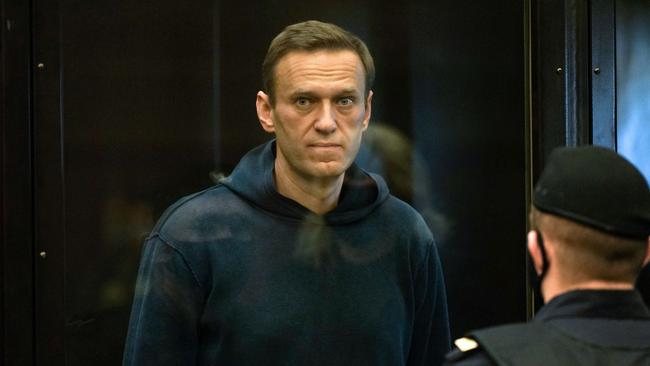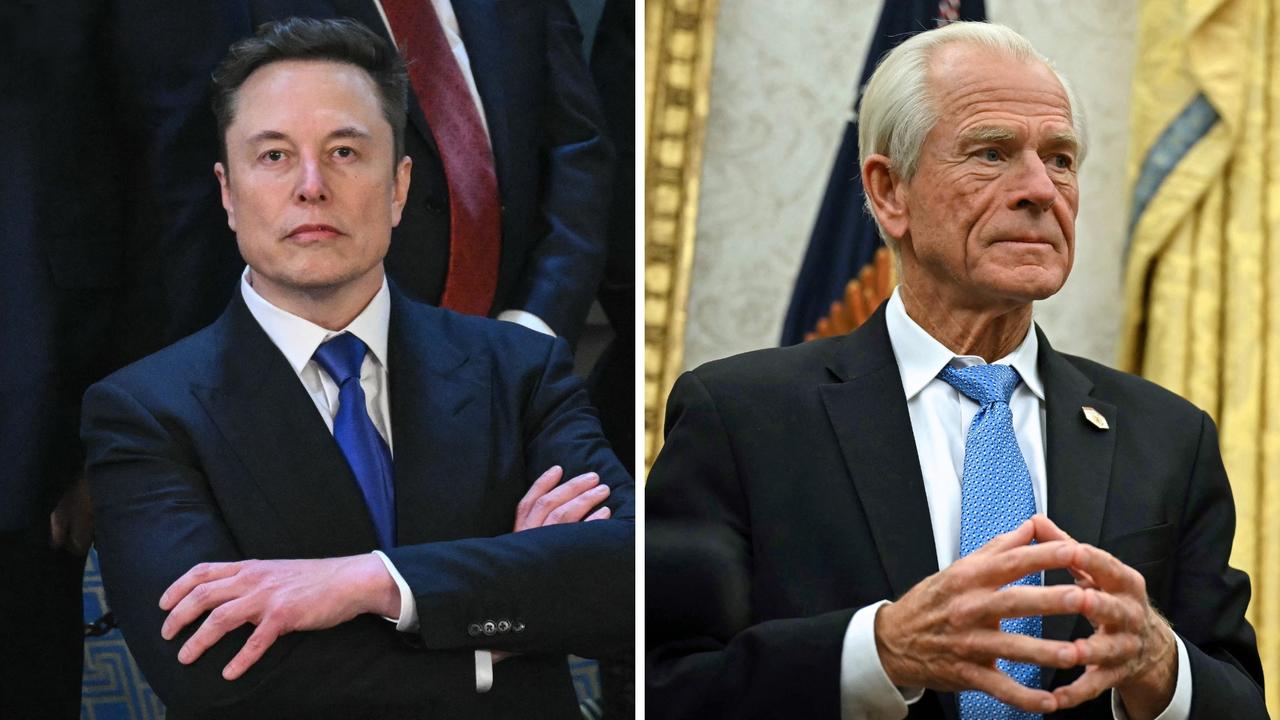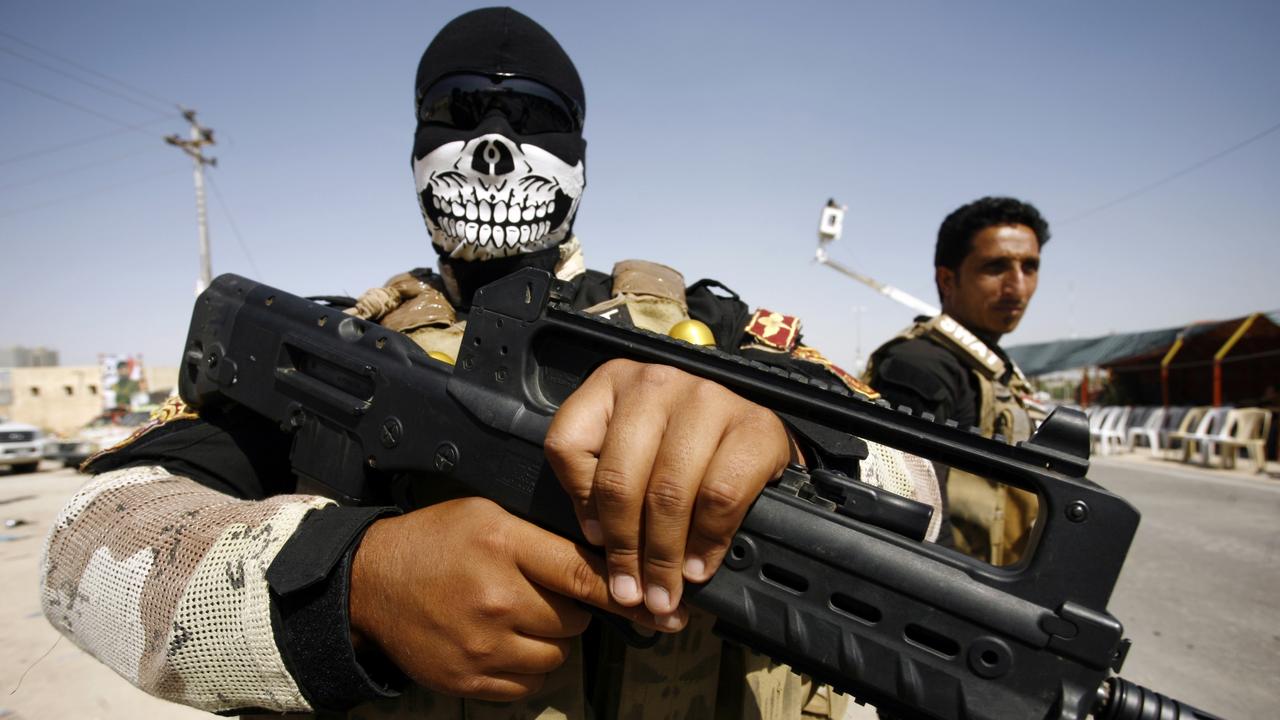Navalny faces 10 years in prison ‘as world looks away’
Alexei Navalny, the imprisoned Kremlin critic, is to go on trial on embezzlement charges that could keep him locked up until 2032.

Alexei Navalny, the imprisoned Kremlin critic, was to go on trial overnight on Tuesday on embezzlement charges that could keep him locked up until 2032.
Navalny, 45, will appear at a special court hearing inside the prison near Moscow where he is serving a 2½-year sentence on fraud charges that he says were trumped up to stifle his opposition to President Vladimir Putin.
Maria Pevchikh, one of Mr Navalny’s key allies, said that Mr Putin, 69, was hoping that the stand-off in Ukraine would divert international attention from the new case. “It looks like Navalny’s new trial is purposefully scheduled to coincide with the most tense week of the Ukrainian crisis,” she wrote on Twitter.
She warned that the Kremlin might take the opportunity to kill Mr Navalny in prison. He almost died in 2020 after he was poisoned by suspected Russian agents with the banned, Soviet-era chemical weapon novichok.
“The key to saving Navalny’s life is constant uninterrupted attention,” she said. “There isn’t a better moment for Putin to get rid of his main enemy than when the world is looking elsewhere, at something he is doing with his other hand.”
Mr Navalny’s family, as well as journalists or other visitors, are barred from the trial at the IK-2 penal facility in Pokrov, 130km east of the Russian capital. His wife, Yulia, said Mr Navalny would become the first person in modern Russian history to be tried inside a prison camp.
“They are afraid to hold the trial in Moscow,” she wrote on Instagram.
“Everyone knows perfectly well how he will tear into the charges in court, how he will laugh at this trial. My husband is an honest man and they are keeping him in prison because he is not afraid of this government.”
Investigators claim that Mr Navalny stole 356 million roubles ($6.49m) in donations to his FBK anti-corruption fund, using the money for personal needs. The charge carries a maximum sentence of 10 years. He is also accused of insulting a judge, punishable by up to six months in prison.
Olga Mikhailova, Mr Navalny’s lawyer, said she had been barred from taking a phone or computer into the prison.
It is unclear when the court will announce its verdict. There is little chance of an acquittal: less than 0.4 per cent of criminal trials in Russia result in a not-guilty verdict.
The FBK was outlawed last year as an “extremist” group after presenting evidence of massive corruption by Mr Putin and his inner circle. A video about a lavish palace on the Black Sea coast that Navalny said was secretly owned by Mr Putin has been watched more than 129 million times since it was uploaded to YouTube.
Mr Navalny was jailed a year ago after returning to Russia from Germany, where he had been treated for the novichok poisoning.
Russia officially designated Mr Navalny and several of his key allies as “terrorists” last month, a classification that is usually reserved for Islamic State members and neo-Nazi groups. The Kremlin has also previously claimed that Navalny is a CIA agent.
Russia’s media watchdog said this month that it would block news websites unless they removed articles based on Mr Navalny’s anti-corruption investigations. Ekho Moskvy, a Moscow-based radio station, was told to remove 34 articles, while Znak, an independent website, had to delete 13.
The media outlets said they had no choice but to comply. Tikhon Dzyadko, editor of TV Rain, an independent online channel that was also affected, called the demand an act of censorship.
Mr Navalny added his voice to protests last week over the five-year prison sentence handed down to a 16-year-old boy who was convicted of plotting terrorist acts after he and his friends discussed blowing up a virtual model of an FSB security service office that they had created in Minecraft, the video game.
Nikita Uvarov, who denied the charges, was arrested after sticking up anti-FSB leaflets in his home town of Kansk, eastern Siberia. Investigators also said the boys had produced explosives and petrol bombs. His mother said they had set them off in abandoned buildings as a prank. His two co-defendants were given suspended sentences.
“I just would like to finish my studies, get an education and go somewhere far away from here,” Mr Uvarov said before sentencing. His lawyers plan to appeal.
The Times



To join the conversation, please log in. Don't have an account? Register
Join the conversation, you are commenting as Logout